Beware of Health Scams
Originally posted on Healthy Cells Magazine.
Bogus product! Danger! Health fraud alert!
You’ll never see these warnings on health products, but that’s what you ought to be thinking when you see claims like “miracle cure,” “revolutionary scientific breakthrough,” or “alternative to drugs or surgery.”
Health fraud scams have been around for hundreds of years. The snake oil salesmen of old have morphed into the deceptive, high-tech marketers of today. They prey on people’s desires for easy solutions to difficult health problems—from losing weight to curing serious diseases like cancer.
According to the Food and Drug Administration (FDA), a health product is fraudulent if it is deceptively promoted as being effective against a disease or health condition but has not been scientifically proven safe and effective for that purpose.
Scammers promote their products through newspapers, magazines, TV infomercials and the Internet. You can find health fraud scams in retail stores and on countless websites, in popup ads and spam, and on social media sites like Facebook.
Not Worth the Risk
Health fraud scams can do more than waste your money. They can cause serious injury or even death. Using unproven treatments can delay getting a potentially life-saving diagnosis and medication that actually works. Also, fraudulent products sometimes contain hidden drug ingredients that can be harmful when unknowingly taken by consumers.
Fraudulent products often make claims related to:
- weight loss
- sexual performance
- memory loss
- serious diseases such as cancer, diabetes, heart disease, arthritis and Alzheimer’s.
A Pervasive Problem
Fraudulent products not only won’t work—they could cause serious injury. In the past few years, FDA laboratories have found more than 100 weight-loss products, illegally marketed as dietary supplements, that contained sibutramine, the active ingredient in the prescription weight-loss drug Meridia. In 2010, Meridia was withdrawn from the U.S. market after studies showed that it was associated with an increased risk of heart attack and stroke.
Fraudulent products marketed as drugs or dietary supplements are not the only health scams on the market. FDA found a fraudulent and expensive light therapy device with cure-all claims to treat fungal meningitis, Alzheimer’s, skin cancer, concussions and many other unrelated diseases. Generally, making health claims about a medical device without FDA clearance or approval of the device is illegal.
According to the FDA, health fraud is a pervasive problem, especially when scammers sell online. It’s difficult to track down the responsible parties and when they are found, some will shut down their website, but usually these same products will reappear later on a different website, and sometimes may reappear with a different name.
However, there are some truly amazing medical discoveries and procedures that people often are not aware of. For example, surgery used to be the only treatment for varicose veins, but now there is a state-of-the-art corrective treatment called endovenous laser ablation (EVLA) that eliminates varicose veins without surgery. Treatment is performed in an outpatient setting in the doctor’s office and the patient can drive themselves home and return to normal activities the following day.
Tip-offs to help you identify rip-offs
One product does it all. Be suspicious of products that claim to cure a wide range of diseases.
Personal testimonials. Success stories, such as, “It cured my diabetes” or “My tumors are gone,” are easy to make up and are not a substitute for scientific evidence.
Quick fixes. Few diseases or conditions can be treated quickly, even with legitimate products. Beware of language such as, “Lose 30 pounds in 30 days” or “eliminates skin cancer in days.”
“All natural.” This claim has no meaning. Any product can claim to be “all natural”. This is often just a marketing gimmick to make people think something is healthier.
“Miracle cure.” Alarms should go off when you see this claim or others like it such as, “new discovery,” “scientific breakthrough” or “secret ingredient.” If a real cure for a serious disease were discovered, it would be widely reported through reputable media and prescribed by health professionals—not buried in print ads, TV infomercials or on Internet sites.
Conspiracy theories. Claims like “The pharmaceutical industry and the government are working together to hide information about a miracle cure” are always untrue and unfounded. These statements are used to distract consumers from the obvious, common-sense questions about the so-called miracle cure.
Even with these tips, fraudulent health products are not always easy to spot. If you're tempted to buy an unproven product or one with questionable claims, check with your doctor or other health care professional first.
If you’re currently suffering from varicose veins, swelling or aching in your legs call The Vein Specialists at (309) 862-4000 to schedule an appointment with one of their doctors to discuss your treatment options and preventative measures. They have convenient locations at 3302 Gerig Drive in Bloomington or 2011 Rock Street, Suite D2 in Peru.











